|
In the age of technology, cheating in academia has become rampant. It's never been easier to plagiarize assignments or get outside help on an exam.
To use an extreme example, here are some devices confiscated by police during the 2014 Gaokao, or Chinese college entrance exam:
Hidden camera in a pair of classes, with a tiny receiver attached to a coin. Hidden camera in a pen, with an eraser-shaped receiver. Hidden coil in a shirt, with two batteries, a mobile phone, and a receiver.
It's nuts, right?
In order to cut down on cheating, staff have to monitor radio signals during tests. Cheating is also a problem within the US. Want to take the LSAT? You may only bring one clear plastic ziplock bag into the test room. Absolutely no electronics are allowed in the classroom -- and cardboard sleeves must be removed from erasers. In school, students complete writing assignments either by copy-pasting from the internet and handing in the paper as-is... or running the copied article through a spinner, which replaces words with synonyms, such that plagiarism detecting software won't flag the assignment. Which is kind of ridiculous, because spinners tend to do a terrible job. For example, here's how the spinner would rewrite this paragraph: "In school, understudies complete written work assignments either by duplicate sticking from the web and turning in the paper as-seems to be... on the other hand running the duplicated article through a text rewriter, which replaces words with equivalent words, such that literary theft recognizing programming won't signal the task. Which is somewhat strange, in light of the fact that spinners have a tendency to make a frightful showing with regards to." Here in Palo Alto, which is infamous for its student mental health problems, many students and teachers believe that cutting down on cheating would alleviate student stress levels -- or, at the very least, prevent honest students from being disadvantaged by their own integrity. It's a lovely concept -- but the way I see it, students these days are geniuses at cheating. It's hard to imagine teachers staying one step ahead of them and/or disincentivizing cheating with harsher punishments. But! I did come across a brilliant solution recently on reddit. According to user rightpenwrite, My friend does this in her classes to lower the class average: It's genius! I mean, it kind of waters down the quality of information on the internet... But it's not like we thought everything we read online was true, anyway, right? Plus, the only people this really punishes are the cheaters. The kids who did the homework on their own won't make the exact same mistake as everyone else -- and they might even get it right! Another way to cut back on cheating, as I wrote in What's Great (and not so great) Abotu Save the 2,008, is: The solution to cheating isn't better detection or harsher punishments. To me, the most effective solution is (once again) discussion-based classes.
But that's just my two cents.
It's still crazy to me that students will go to such extreme lengths to cheat -- memorizing essays to regurgitate in class, hiding cameras in their classes, etc. -- when they could just use that time to do the assignment (or study). It's crazy that they have no confidence in their own ideas -- or, perhaps, that they have no ideas at all. Meaning that, yes, rampant cheating is partly due to technology. But there's also something wrong with the school system if so many students believe they are unable to do their own homework.
6 Comments
Bill
10/14/2016 03:02:41 pm
Hidden camera in a pair of *classes*, with a tiny receiver attached to a coin.
Reply
Zur
1/20/2017 09:58:20 am
As someone with some teaching experience at a university, I can tell you that catching a cheater is a teacher's worst nightmare.
Reply
1/20/2017 07:44:46 pm
Interesting -- I hadn't thought of it that way. As a student, I always thought of cheating as pretty unforgivable. It's a horrible offense to intellect and the pursuit of truth. Conceptually, that's true. But it's pretty different in reality, when it's a real person whose whole life is being upended. Especially as a teacher, when you're the one doing the upending.
Reply
4/12/2017 11:56:00 pm
I am really impressed by this post and it is giving the good and new technology for students and teachers. Now the technology time and we can get many benefits in our life. We can read studies in journey very easily.
Reply
Vignesh
4/21/2021 01:39:11 pm
Or professors could stop making tests memorization based and make them based on critical thinking and allow open notes and ample ammounts of time so cheating is more or less immposible. But I also like the idea of discussion based classes, the only flaw ( in a professors mind) is that professors often like to rank students and that might be a bit more difficult in a discussion based class.
Reply
Leave a Reply. |
About the Author

Eva is a content specialist with a passion for play, travel... and a little bit of girl power. Read more >
Want to support The Happy Talent? CLICK HERE!
Or Find me on Patreon!
What's Popular on The Happy Talent:
Trending in Dating and Relationships:
What's Popular in Science: Playfulness and Leisure Skills:
Popular in Psychology and Social Skills:
Categories
All
|

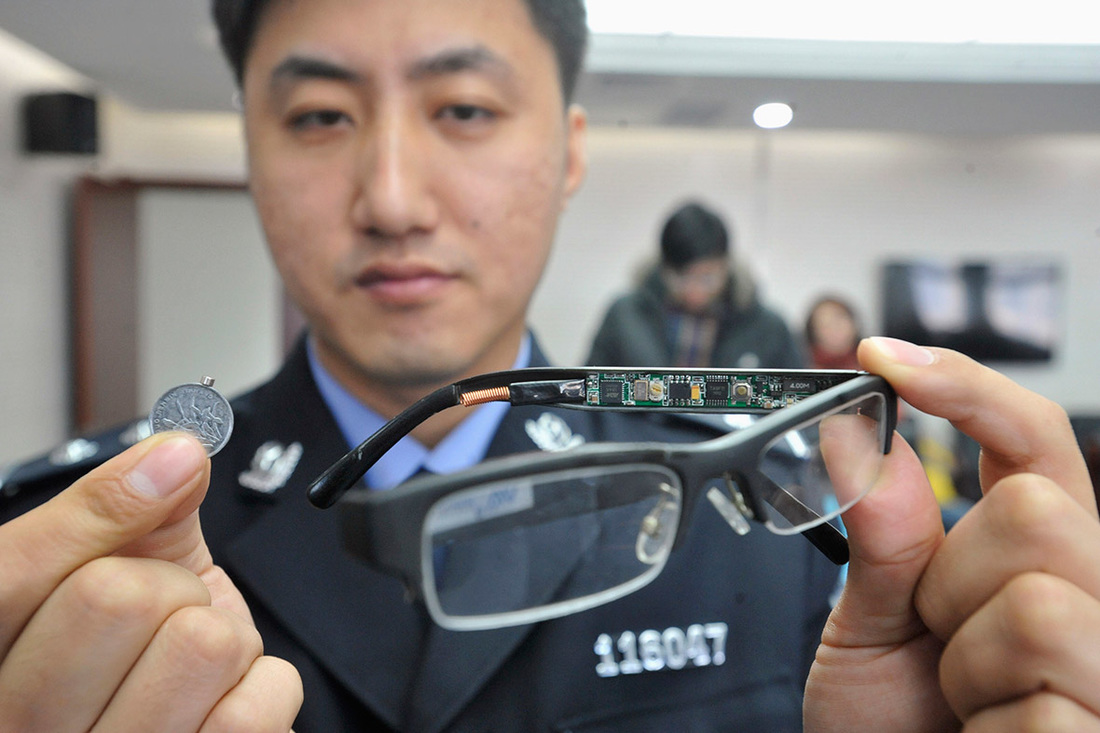
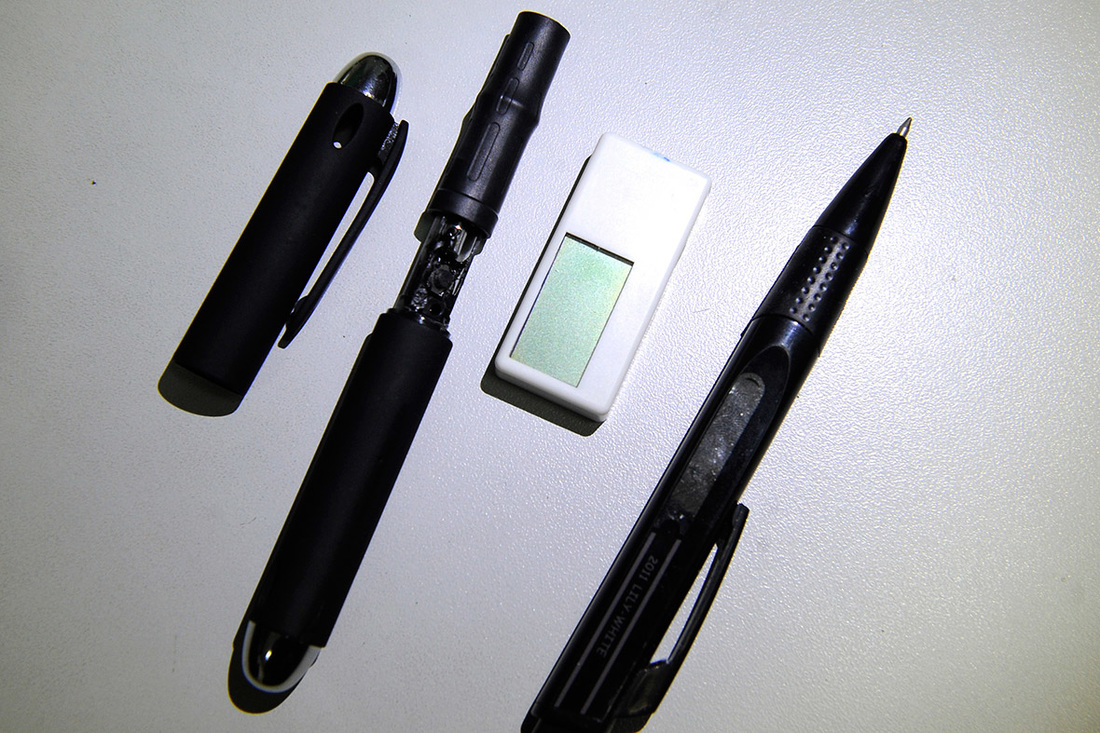
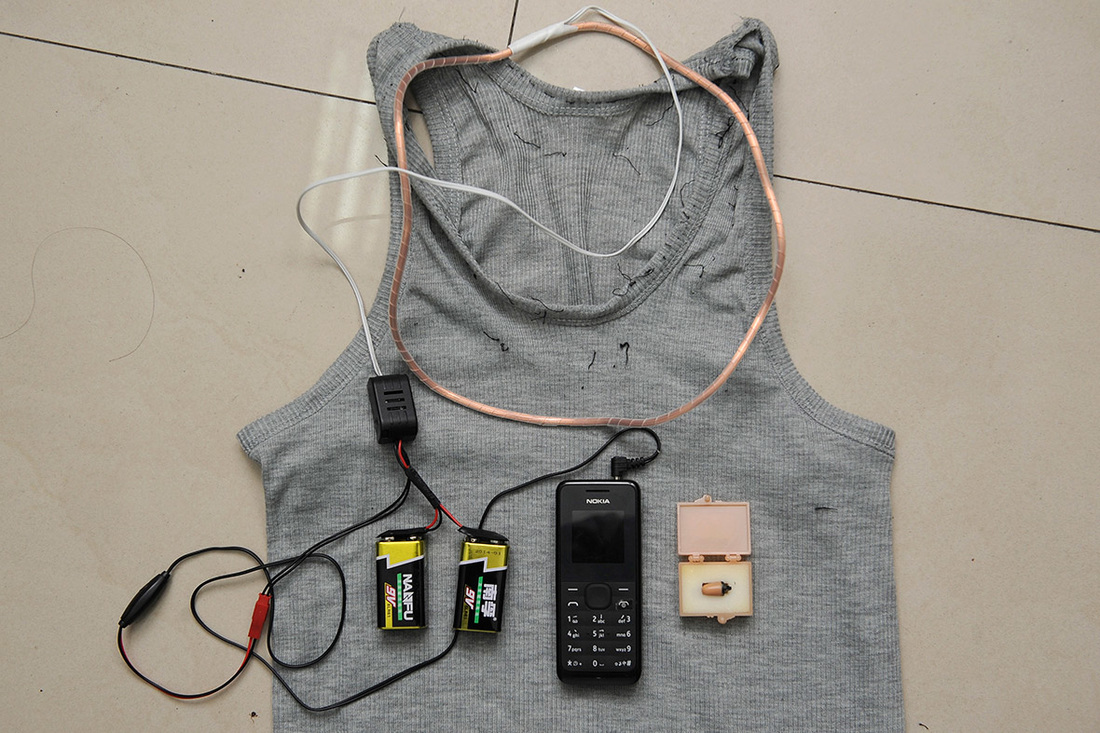
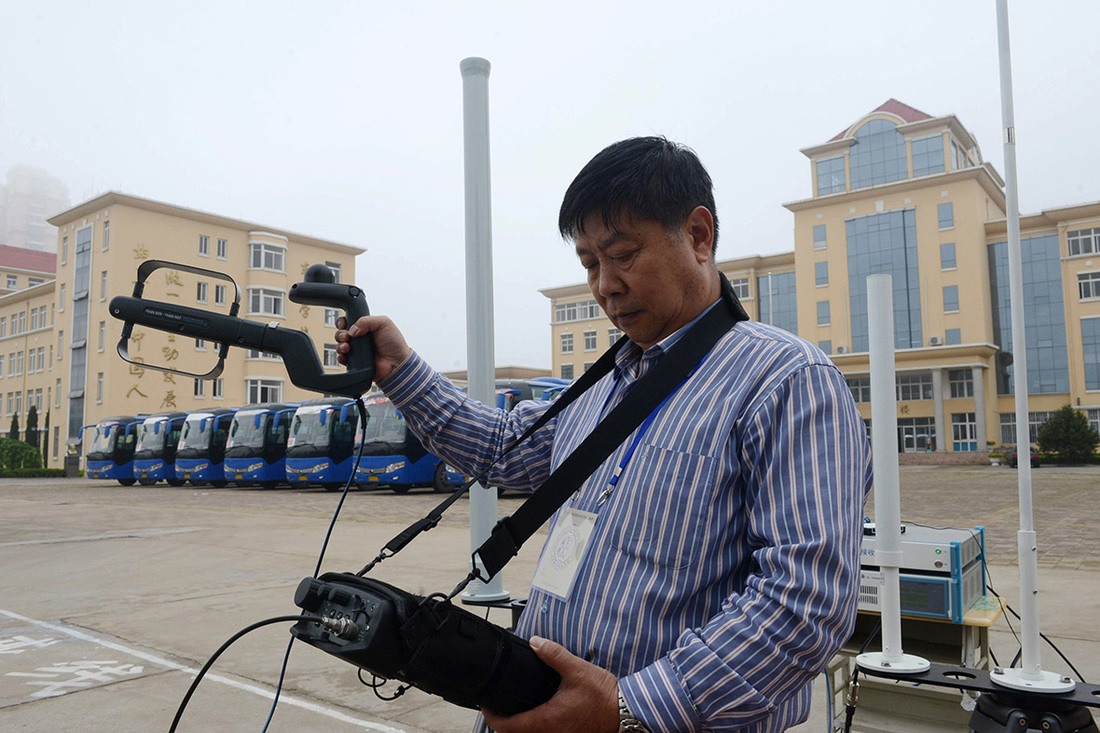
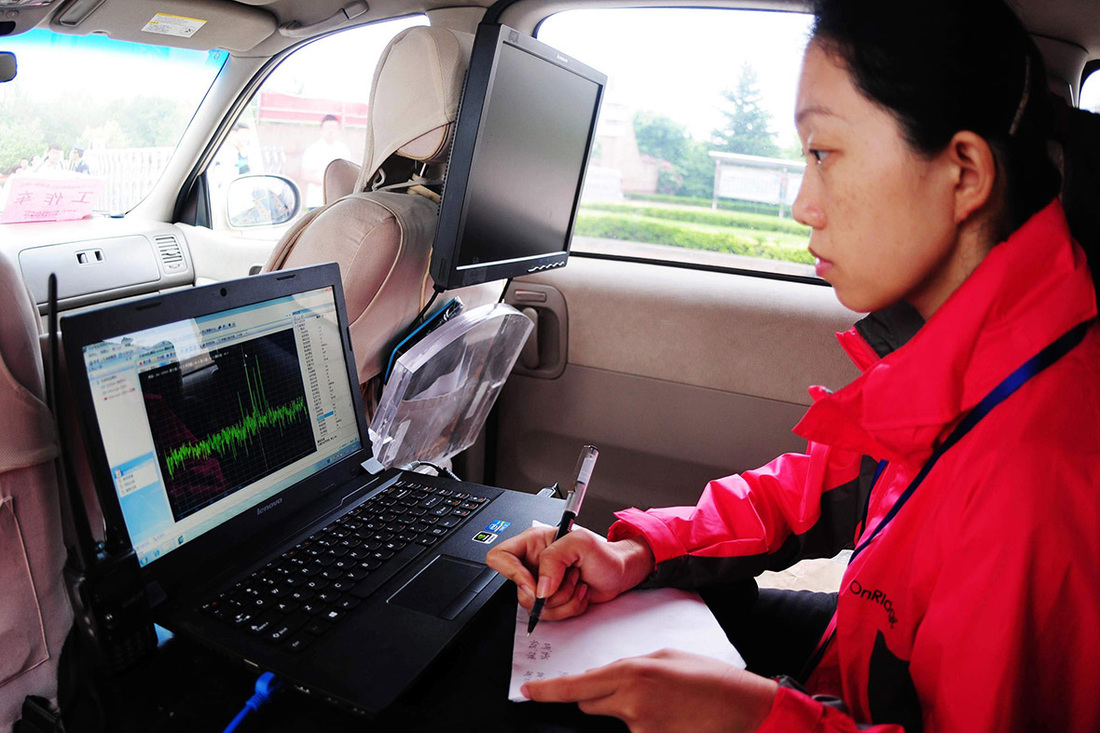



























 RSS Feed
RSS Feed